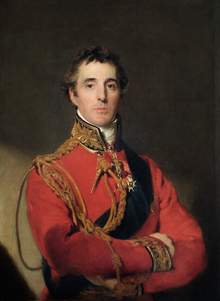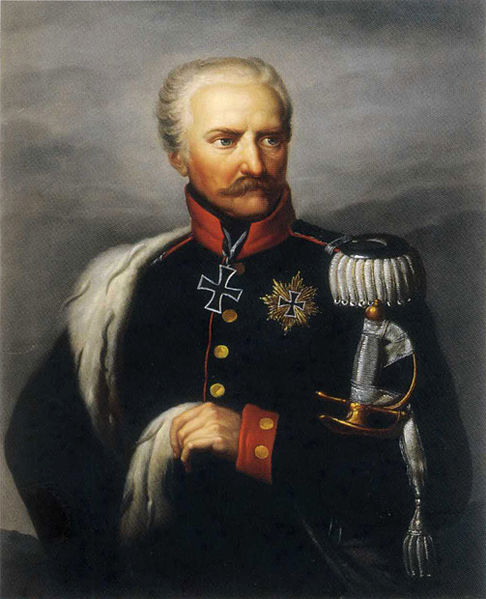I agree there is a stark contrast, it took me a fair bit of emotional imagination to put myself into the darkness, even if it is hinted at through the fortune teller on the ice:The dynamic in Christmas Beau, on the other hand, seemed to me to be flawed. It's interesting that some of you sympathized with the marquess (Max). I couldn't...
"I see much darkness in your life," the fortune-teller told him a few moments later. "And a great deal of light too. A great deal of light. But the darkness threatens it."
Lord Denbigh had never been to a fortune-teller before. He supposed that there were a few fortunes to be told and that each listener could be relied upon to twist the words to suit his own case. One merely had to be clever with vague generalities. He was amused.
"Ah," the fortune-teller said, "but Christmas may save you if you keep in mind that it is a time of peace and goodwill. I see a great battle raging in your soul between light and darkness. But the joy of Christmas will help the light to banish the darkness-if you do not fight too strongly against it."
Lord Denbigh had never been to a fortune-teller before. He supposed that there were a few fortunes to be told and that each listener could be relied upon to twist the words to suit his own case. One merely had to be clever with vague generalities. He was amused.
"Ah," the fortune-teller said, "but Christmas may save you if you keep in mind that it is a time of peace and goodwill. I see a great battle raging in your soul between light and darkness. But the joy of Christmas will help the light to banish the darkness-if you do not fight too strongly against it."
He frowned, something fluttering at the edge of his memory. And then he remembered the fortune-teller out on the ice of the River Thames. He remembered her telling him that there was darkness in him as well as a great deal of light and that Christmas might save him from being swamped by the darkness. He shrugged. He had never given heed to such nonsense. But he remembered that afternoon with some pleasure.
... And there. He had done it. He had ruined his afternoon, brought darkness into it.
... And there. He had done it. He had ruined his afternoon, brought darkness into it.
There was a sudden and unexpected ache in Lord Denbigh's heart. And a reminder of something that had eluded his conscious mind for the moment. So much darknesss. And so much light. Especially at Christmas. Light to dispel the darkness. A single candle to put the darkness to flight. A Christmas candle. Unless the darkness fought against it too stubbornly and snuffed it forever.
A Christmas candle. All that was left of Christmas. A single frail light in a dark room. He could snuff it with one movement of his fingers. And then there would be total darkness. No Christmas left at all. Nothing left at all.
His home had been lonely, and he had shown charity to children in need. So while the contrast between his outward charity and his inner scheming for revenge against Judith may appear almost outrageously ridiculous, the blinds he has at the time of meeting Judith took some time to become transparent, it took time for him to integrate her into his heart, his home, his charity and embrace her genuinely, just as she also had to be sufficiently open to allow that to happen.
While writing I recalled there was something about the virtues of faith, hope and charity. The Wiki has:
But there was also:
In this story, it appears Charity connects to Love very nicely.Theological virtues are virtues associated in Christian theology and philosophy with salvation resulting from the grace of God.[1] Virtues are traits or qualities which dispose one to conduct oneself in a morally good manner. Traditionally they have been named Faith, Hope, and Charity (Love), and can trace their importance in Christian theology to Paul the Apostle in 1 Corinthians 13, who also pointed out that “the greatest of these is love.”






 The last book, The Perfect Kiss, was just ok and seemed a lot about estate management.
The last book, The Perfect Kiss, was just ok and seemed a lot about estate management. I am very interested in the Mary Balogh books because of all your comments. But I'm hanging in there and will get through the last 3.5 books.
I am very interested in the Mary Balogh books because of all your comments. But I'm hanging in there and will get through the last 3.5 books.